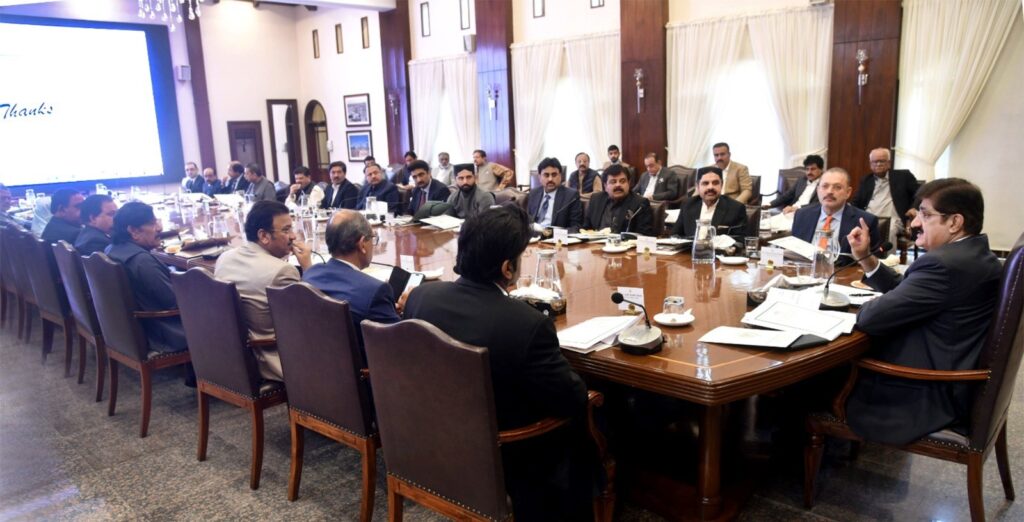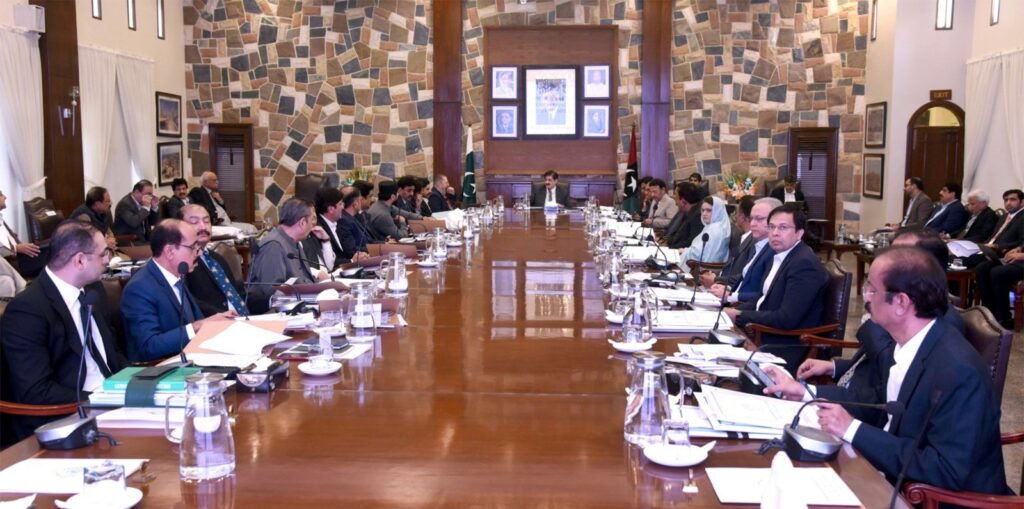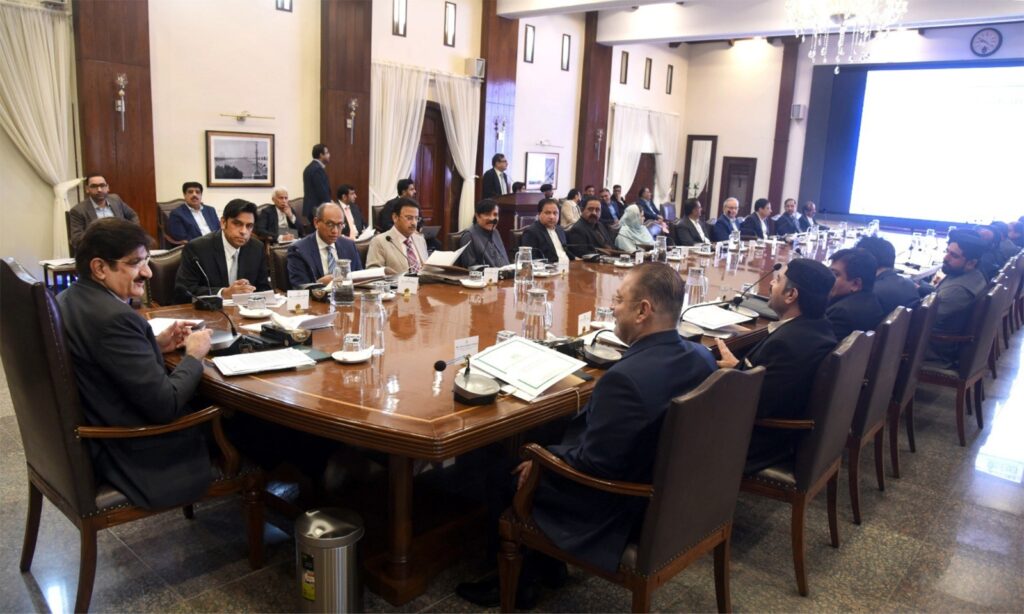The new legislation is aimed at improving tax
collection and enhancing fiscal responsibility
in the province’s agricultural sector
Staff Reporter

Karachi: The Sindh Cabinet, during its meeting on Monday, approved the much-awaited Sindh Agricultural Income Tax Law, which will be introduced in the Sindh Assembly. The new legislation is aimed at improving tax collection and enhancing fiscal responsibility in the province’s agricultural sector.
Key Highlights of the New Agricultural Income Tax Law
The Sindh Agricultural Income Tax Bill 2025 proposes the following:
- Exemption on Income Up to Rs. 600,000: Agricultural income of up to Rs. 600,000 annually will be exempt from tax.
- Progressive Tax Rates: The maximum tax rate for income exceeding Rs. 5.6 million annually will be 45%. A super tax will also be introduced, with no super tax on annual agricultural income up to Rs. 150 million, and a maximum of 10% applying to income exceeding Rs. 500 million.
- Corporate Farming Taxation: Small agricultural companies will be taxed at 20%, while large companies will face a tax rate of 29%. Livestock, however, will not be included in the tax net.
- Automation of Tax Filing: The payment, collection, and filing of agricultural income tax will be fully automated, improving efficiency.
The Sindh Revenue Board (SRB) will be responsible for the administration and enforcement of the agricultural income tax, marking a significant shift in tax administration.

Broader Economic Impact
This progressive tax law is expected to broaden the tax base, enhance transparency, and ensure equitable contributions from the agricultural sector, a vital part of Sindh’s economy. It aligns with the National Fiscal Pact between the federal and provincial governments.
Biannual NFC Report and Revenue Distribution
The cabinet also approved the biannual NFC report for laying before the Provincial Assembly of Sindh. The report highlighted the revenue distribution from the 7th NFC Award (2010) and addressed the recent compensation for arrears totaling Rs. 77.16 billion.
According to the formula, Sindh’s share of the divisible pool is 24.55%, amounting to Rs. 3,002.43 billion from 2021-24. The Sindh government also received Rs. 1,325.35 billion in straight transfers, which had previously been short by Rs. 126.64 billion.

Launch of Paperless Cabinet Proceedings
In a move towards modernizing governance, the Sindh government has launched the Sindh Cabinet E-Portal. The new digitization initiative aims to eliminate paper-based processes and improve efficiency. Each Cabinet member will be equipped with an iPad and internet connectivity, allowing real-time access to meeting papers, agendas, and the digital approval of minutes.
This initiative aligns with the Federal Government’s push for digital transformation and is expected to streamline governance and promote greater transparency in decision-making.























